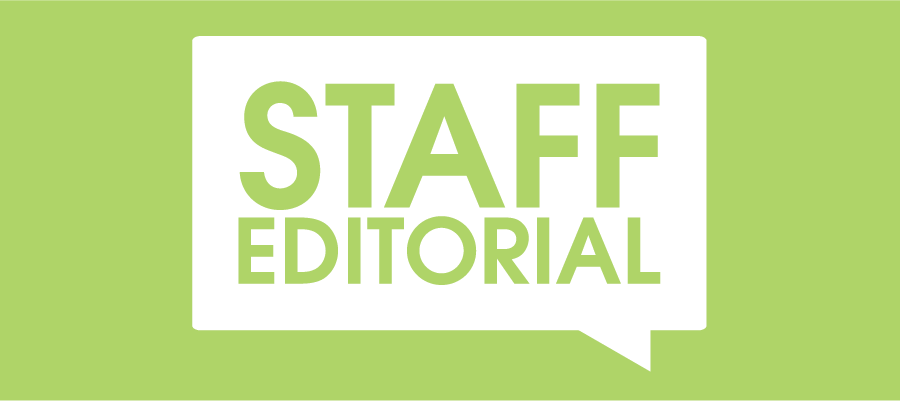The crux of journalism is holding accountable those in power. So when those in power tell us not to pay attention to the press, it should raise some red flags—to say the least.
President Trump’s cries of “fake news” are dangerous—not only for the journalists who report the news, earnestly, every day, but for the American people as a whole.
His words undermine a field whose chief intent is to help and inform—a field so pivotal to the democratic process that it’s long been dubbed the Fourth Estate. It comprises thousands of voices, which, true, sometimes sing a similar tune (like today, when hundreds of newspapers across the country are speaking out for the First Amendment). But those voices are also incredibly varied.
There are local, small-town reporters who serve their communities by covering the stories no one else will.
There are those who routinely risk their lives to report on war and natural disasters.
There are those, naturally, who make mistakes. Journalism is an important field, but it is not without criticism—and we all, Trump included, should be able to speak up when the press gets it wrong.
He does that…sometimes. Occasionally, he will call out a specific story for its errors. But those instances are overshadowed by the more familiar cries of “fake news,” claims that “any negative polls are fake news” and that NBC, ABC, CBS, CNN and The New York Times are “the enemy of the American People.”
Trump has been known to acknowledge the press at the back of the room at his speeches in a similar way—broad-brushed attacks, sparing no organization when he calls those folks “horrible, horrendous people.” Not for specific slip-ups, it’s worth noting—just for showing up at all.
By casting those aspersions so carelessly, Trump creates an environment in which people feel they’re better off consuming no news at all—or maybe getting it from one source and calling it a day. But this breeds media illiteracy, an inability to tell when you’re being misled (as is so often the case with those seedy magazines and extremist political blogs, which feed on “fake news” claims) and a lack of familiarity with what proper sources and reporting look like.
You shouldn’t get your news from one source alone—not CNN, not Fox, not The Miami Hurricane. You owe it to yourself to explore varied viewpoints and decide what’s fake and what’s real. Don’t let someone else do it for you.
Ultimately, unflattering stories don’t equate to fake news. By suggesting that they do, in his near-indiscriminate attacks on mainstream media, Trump sends a messy but deliberate message: If it sounds bad, it’s not true.
That’s not a message we can stand by.
It’s crucial to stay updated on everything that is happening in the United States and around the globe, no matter your side of the aisle. Encouraging a healthy, active press sets a precedent for future years, future administrations—and if you don’t agree with who’s in office then, you, too, deserve to have a press that will keep them accountable.
As student journalists, we’re constantly learning—the art of a lede, the nuance of AP style. But we have President Trump to thank for what has been one of our most effective lessons of all: a master class in how not to support the First Amendment. It’s time we reject that lesson.
Editorials represent the majority view of The Miami Hurricane editorial board.







